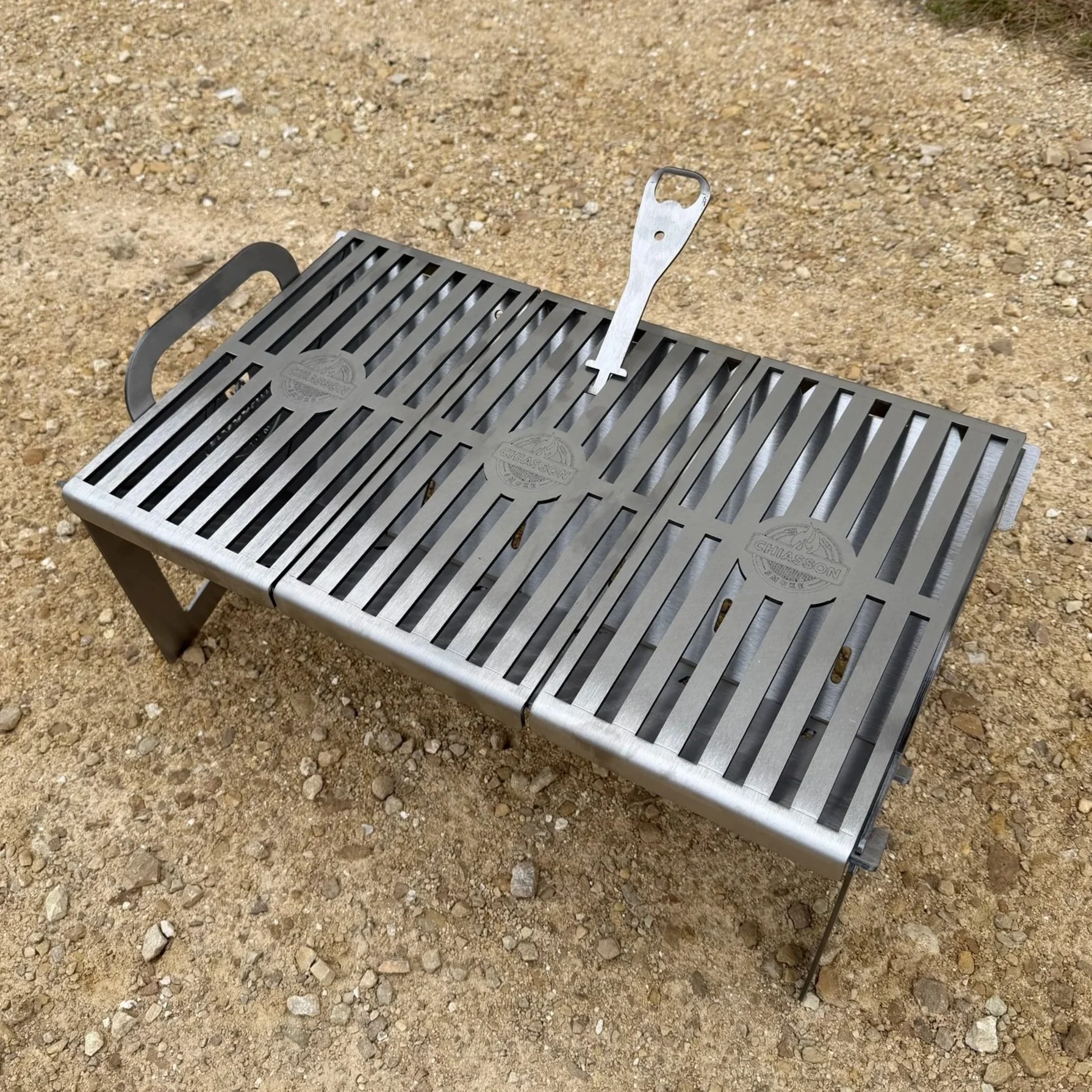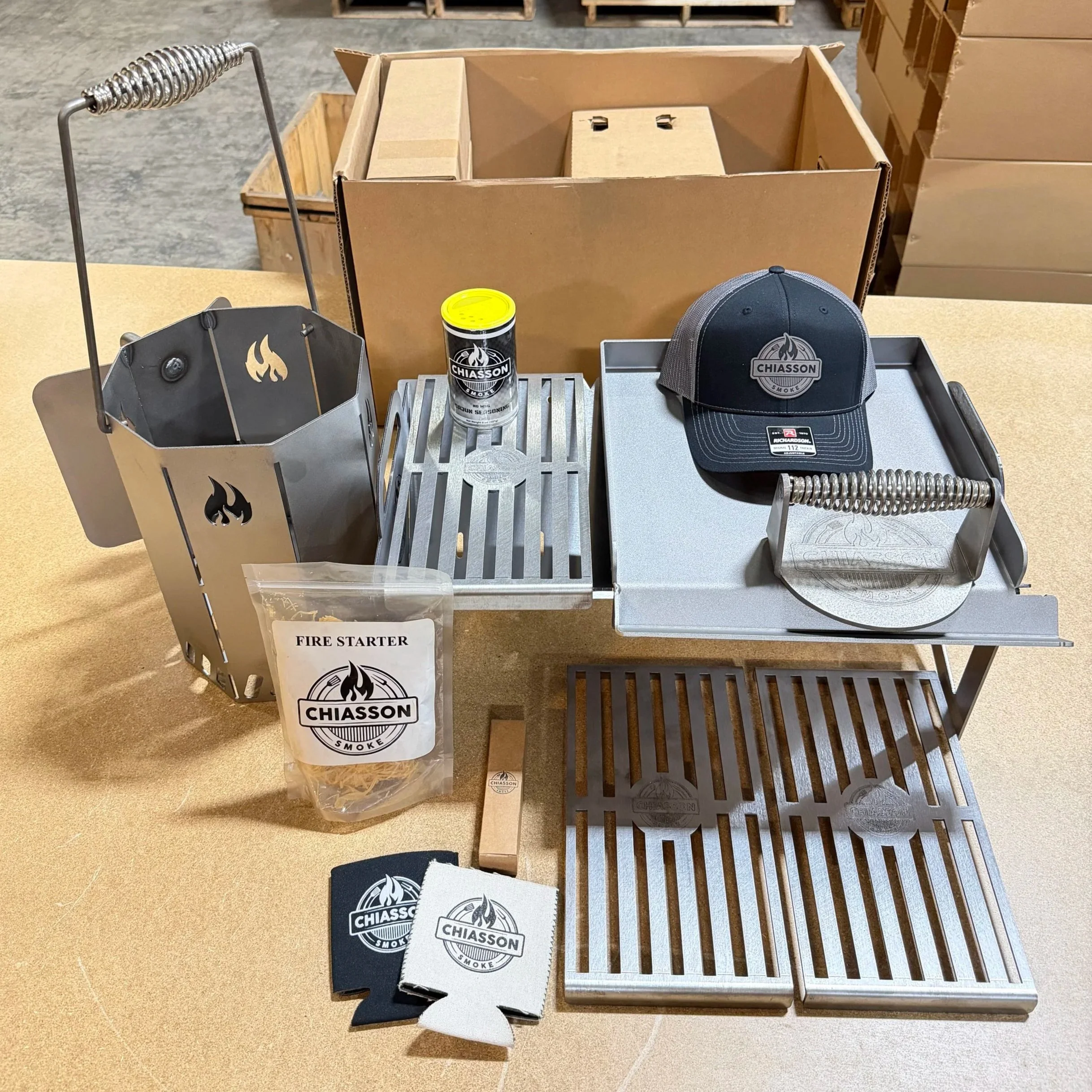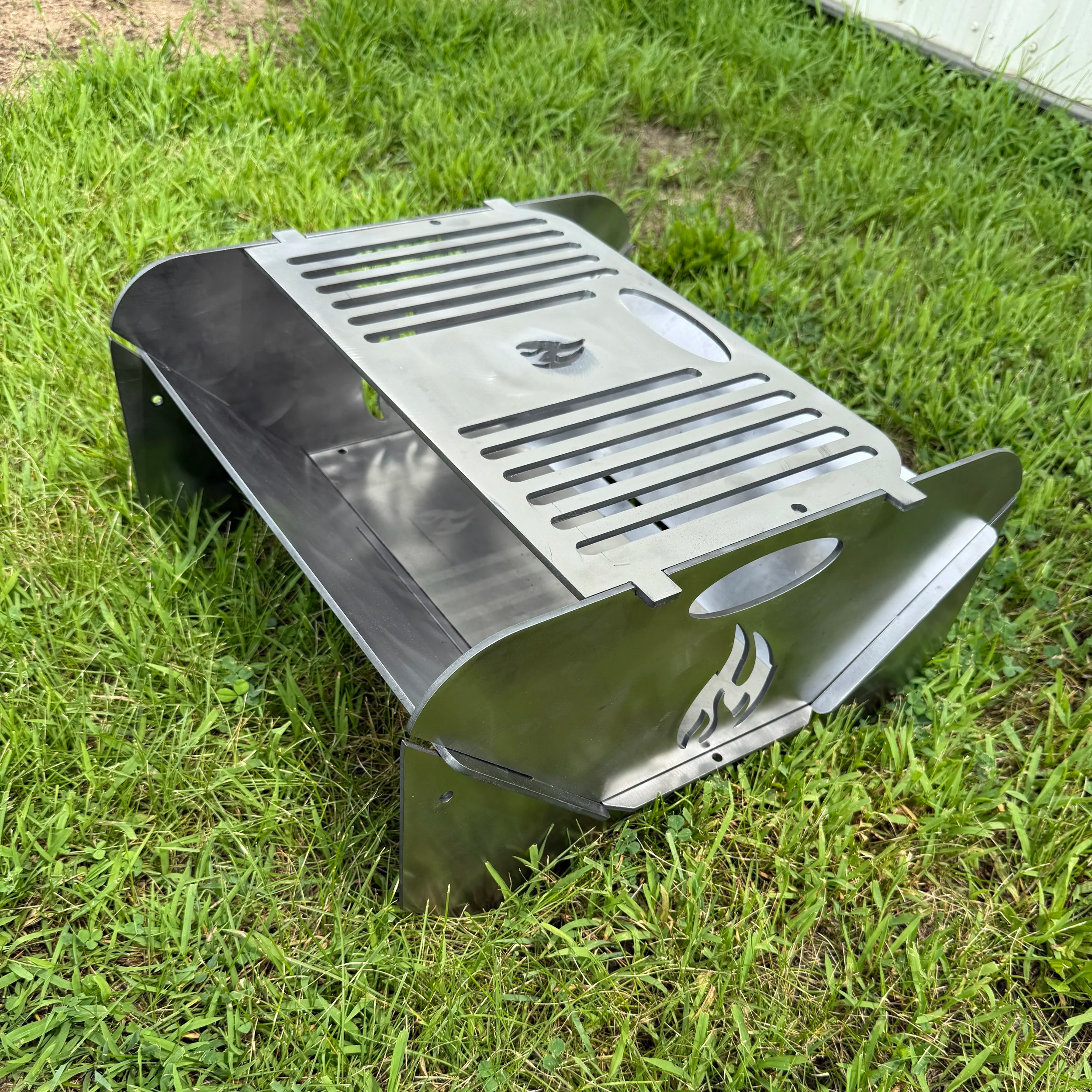Safety Tips for First-Time Campers
Camping for the first time is both exciting and a little nerve-wracking. The thought of fresh air, starry skies, and the crackle of a campfire can fill anyone with adventure.
But there’s also the reality of wild animals, strange sounds in the dark, and the simple fact that the outdoors doesn’t come with instructions. If you’re brand new to camping, don’t worry—you’re not alone. Every seasoned camper once stood exactly where you are now, trying to figure out how to pitch a tent without it falling over or how to keep food safe from raccoons.
The good news is that camping is one of the best ways to unplug, recharge, and build memories. With a few safety tips tucked into your backpack, you’ll be ready to handle the great outdoors with confidence.
Plan Ahead Before You Go
One of the biggest mistakes first-time campers make is rushing into a trip without proper planning. Unlike a trip to a hotel, you can’t just show up and expect everything to be ready for you. Campsites often require reservations, and some fill up months in advance. Before you head out, check the rules of the campground you’re visiting. Some parks allow campfires, while others may restrict them during dry weather. Some sites have running water and bathrooms, while others leave you completely on your own. Knowing these details in advance helps you pack the right gear and avoid surprises.
Another part of planning is checking the weather. A sunny forecast can quickly turn into a thunderstorm, and you don’t want to be caught off guard. If it looks like rain, make sure you pack tarps, rain jackets, and extra dry clothes. Even a small drizzle can feel miserable if you’re not ready for it. Think of it this way: the more you prepare at home, the less you’ll have to stress once you’re out in nature.
Pack Smart, Not Heavy
When packing for your first camping trip, it’s easy to throw in everything but the kitchen sink. But carrying too much can make you feel weighed down. Instead, focus on the essentials. A sturdy tent, a sleeping bag rated for the season, a flashlight, and a first-aid kit should be at the top of your list. Food and clean water are also non-negotiable. If you’re not camping where clean water is available, bring a filter or purification tablets.
Think about safety when choosing gear. A headlamp is safer than a regular flashlight because it leaves your hands free. A whistle can be a simple but effective tool for signaling if you get lost. Sturdy shoes protect your feet from sharp rocks or uneven trails. Even small things like extra batteries and matches stored in a waterproof container can make a huge difference when things don’t go as planned.
Learn How to Build a Safe Campfire
A campfire is often the heart of the camping experience. It’s where you cook meals, share stories, and stay warm when the sun goes down. But a fire is also one of the biggest risks in the outdoors if not handled carefully. Before you light a match, check if fires are allowed in your area. Some parks have strict fire bans during dry months to prevent wildfires.
If fires are allowed, use a designated fire ring or fire pit whenever possible. Clear away dry leaves, twigs, and anything flammable from the area around the fire. Keep a bucket of water or dirt nearby in case the flames get out of control. Never leave a fire unattended, even for a quick bathroom break. And when it’s time to put it out, drown it with water or sand. Then stir the ashes, and add more water or sand and repeat until everything is cool. If it’s still warm, it’s not out. Treat your fire with respect, and it will be your friend, not your enemy.
Be Aware of Wildlife
Seeing a deer wander by your campsite or hearing an owl hoot in the distance can be magical. But wildlife should always be admired from a safe distance. Animals, no matter how cute or curious they look, can be unpredictable. One of the easiest ways to avoid unwanted animal encounters is to store your food properly. Never leave food out in the open, and don’t keep it inside your tent. Use a bear-proof container if you’re in bear country, or hang your food high in a tree. Even small critters like raccoons or squirrels can cause trouble if they get into your supplies.
Also, resist the urge to feed animals. It may seem harmless to toss a chip to a squirrel, but feeding wildlife can make them dependent on humans and more aggressive over time. Keep your campsite clean, pack out all your trash, and remember—you’re visiting their home, not the other way around.
Stay Oriented and Avoid Getting Lost
It’s easy to underestimate how quickly you can lose your sense of direction in the woods. Trails can look the same, and once the sun begins to set, everything feels unfamiliar. Before you leave your campsite, let someone know where you’re going and when you expect to be back. This simple habit can make a huge difference if you get turned around.
Carry a map and compass, even if you also rely on your phone. Cell service isn’t guaranteed in remote areas, and GPS batteries can die. Learn the basics of reading a map and identifying landmarks. Stick to marked trails, especially on your first few trips. Exploring off-trail might sound fun, but it’s much easier to get lost that way. If you do find yourself unsure of the way back, don’t panic. Stop, take a deep breath, and use your tools to reorient. Worst case, stay put and make yourself visible until help arrives.
Prepare for Emergencies
Even the best planners run into unexpected problems. That’s why carrying a first-aid kit is non-negotiable. Your kit should include bandages, antiseptic wipes, tweezers, and any personal medications you might need. Learn the basics of treating small injuries like cuts, scrapes, or insect bites. It’s also a good idea to know how to handle larger emergencies, like sprains or allergic reactions.
Beyond first aid, think about other “what ifs.” What if it rains nonstop? Pack an emergency poncho. What if you get cold at night? Bring an extra blanket. What if your flashlight breaks? Have a backup.
It’s also a very good idea to bring some sort of fire starter and a ferro rod– that way you can start a fire without relying on electricity or gas. And if you want to step it up a notch, invest in a rocket stove so you can cook entire meals with just scrap wood.
Being ready for these moments doesn’t make you paranoid—it makes you confident. And confidence leads to a safer, more enjoyable trip.
Conclusion
Camping is a doorway to adventure, and your first trip can be unforgettable if you approach it with preparation and care. Safety doesn’t mean being overly cautious or scared—it means being smart, respectful, and ready. From planning ahead and packing the right gear to respecting wildlife and knowing how to handle a campfire, these tips will help you enjoy your outdoor experience without unnecessary stress.
Every camper makes mistakes and learns along the way, but with these safety tips, you’ll avoid the biggest pitfalls. Instead of worrying, you’ll be free to laugh around the campfire, watch the stars, and wake up to the sound of birds in the trees. That’s what camping is all about—connecting with nature, yourself, and the people you’re with. So pack your bag, lace up your boots, and step into the great outdoors with confidence. Your adventure awaits.











